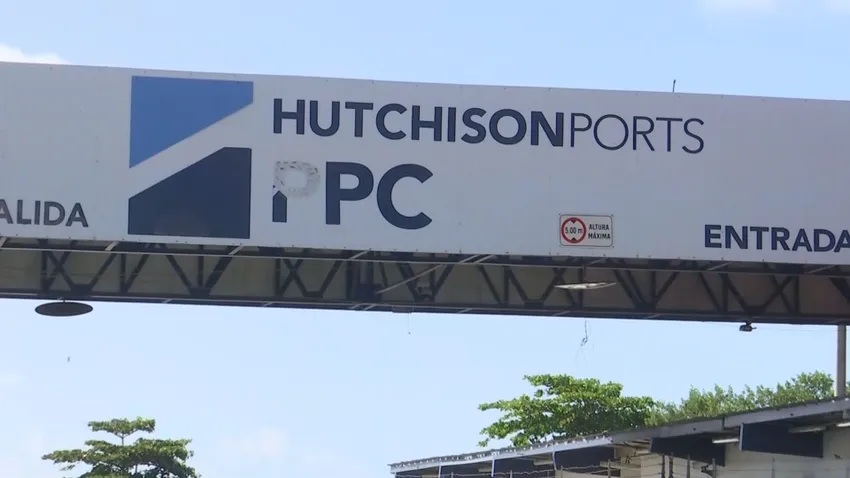Panama Needs More Blood Donations

Although a pint of blood is capable of being useful for three different patients, voluntary donation statistics in the country do not exceed 10%. Blood transfusion is a vital procedure that can save dozens of lives in hospitals. This is capable of improving the condition of patients, especially those whose improvement depends on their hemoglobin levels. Despite this, according to the World Health Organization (WHO), not all patients have safe access to blood and there is no timely distribution of it, which is harmful.
For this reason, blood supply must be provided adequately through the integration of national health care policies and infrastructures in all countries. A national blood system should also be implemented, which should be governed by a legislative framework and a national policy to promote the uniform application of standards and consistency in the quality and safety of blood and blood products. Data from this same international organization highlights that the blood donation rate per 1,000 people is 31.5 donations in high-income countries, 16.4 in upper-middle-income countries, and 6.6 in middle-income countries and 5.0 in those with low income.
This Friday, International Voluntary Blood Donor Day will be celebrated globally, in gratitude to unpaid donors. During this day, different foundations and blood banks raise awareness of the need for regular donations to guarantee the quality, safety and availability of blood and its products. In Panama there are also different ways to donate voluntarily, either through blood donor foundations or by collaborating directly with hospitals that have a blood bank, such as the Social Security Fund (CSS) centers and the Santo Tomás hospital. In fact, in addition to the blood banks in each CSS hospital, this entity also has two blood donation centers. One of these is located in the province of Panama, in the Tumba Muerto area, and the other in the province of Chiriquí, in the city of David.
Some of the requirements necessary to make a donation are to be between 18 and 65 years old, to have a hemoglobin level of no less than 12.0 g/dL (women) or 13.5 g/dL (men), to have a temperature that should not be higher than 37 .5°C, weigh 110 pounds or more, and be deemed eligible to donate blood by the screening physician. According to information from the CSS, one pint of blood is capable of saving three lives. However, Panama barely reaches 10% donation capacity with voluntary donors, according to the executive director of the Dona Vida Foundation, Macarena de la Rubia.
The latest voluntary donation statistics from the CSS show that the voluntary participation of donations corresponds to 8.37% with only 2,026 donations made in CSS hospital centers. A total of 21,529 transfusions were performed in these same health care centers during the same year. The population of the isthmus is mostly of O+ blood type, which is why it is the most transfused type in hospitals; In turn, the type most needed among the population is O-, which, since it is not common, is the type most needed for immediate availability. These blood types are the ones that the CSS blood bank currently lacks the most, followed by the others with the exception of A+ and B+.





